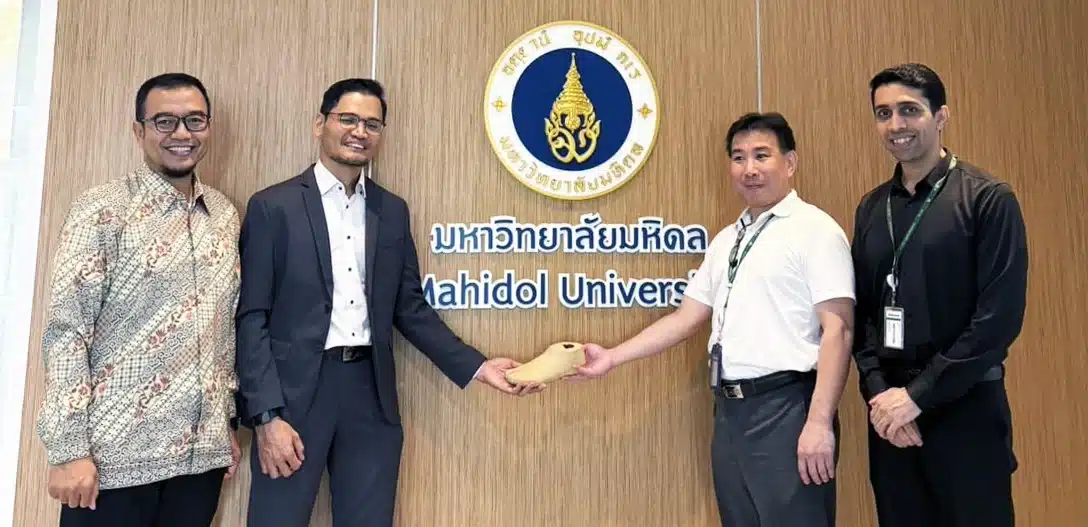In a scientific paper presentation plenary meeting organized by the Board of Professors of Diponegoro University , Thursday (17/11), Akhmad Syakir Kurnia, S.E., M.Si., Ph.D. (Prospective Professor of the Faculty of Economics and Business) delivered a paper entitled “Economic Policy, Politics and Credibility”.
He discusses the credibility of policies in a particular political economy institution where the issue of credibility is associated with the problem of time-inconsistency. Time-inconsistency is a behavior that is commonly attached to every economic agent, from individuals to policy-making institutions. When a decision/policy is made, a decision/policy is considered as the optimal decision considering past information and future expectations. However, in the course of time towards policy targets, there are many factors including political factors that make policy makers not committed to policies/decisions that have been established because of certain incentives.
“Credibility problems that arise due to policy inconsistencies are the cause of non-optimal policy outcomes. In the context of the interaction between monetary policy and fiscal policy, the credibility of monetary policy depends on the cyclical character of fiscal policy. The dominance of fiscal policy has made the issue of credibility of monetary policy even more pressing. Political accountability, including yardstick competition, has no confirmed role in boosting the performance of the public sector in the regions,” he said.
While Dr. Harjum Muharam, S.E., M.E. (Prospective Professor of the Faculty of Economics and Business) presented his scientific work entitled “Capital Market Integration and Its Impact on Company Progress and Community Welfare”. According to him, the capital market plays a role in increasing investor wealth, meeting corporate and government financing needs, encouraging broad economic development, as well as being a financial channel for savings and investment. The importance of the role of the capital market is because the role of the capital market is not only limited to financial sector activities, but is directly related to real economic activity. Funds obtained by issuer companies from the capital market are used to increase working capital and investment. This increase in working capital and investment boosted the company’s production capacity and stimulated the real sector.
“Macroeconomic stability greatly determines the volatility of the stock market. Stable macroeconomic conditions have an impact on reducing volatility and reducing the risk of investing in the capital market. The relatively large overflow of volatility originating from the global capital market to the domestic capital market can be mitigated by controlling macroeconomic factors,” concluded Dr. Harjum. (Lin – Public Relations)










